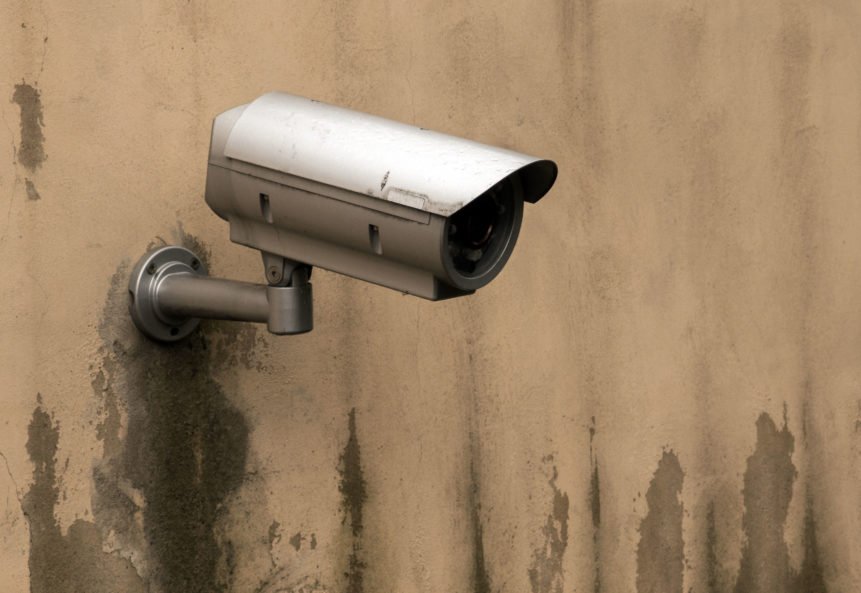The lawsuit suggests that Target maintained an “advanced system of electronic surveillance” that included 14 “investigation centers” and two “forensic labs,” used to “enhance video footage and analyze finger prints [sic].”
A federal judge has rejected Target’s request to dismiss a lawsuit accusing the company of violating an Illinois data protection law by collecting, storing, and analyzing customers’ biometric identifiers.
According to USA Today, the class-action lawsuit was filed in May in a Illinois-based federal court. In it, attorneys claim that Target routinely captured and stored consumers’ biometric data, including “scans of their facial geometry.” Target never informed customers or sought to obtain their consent, as would typically be required under the Illinois Biometric Information Privacy Act.
The lawsuit, which names four Illinois women as lead plaintiffs, notes that Target installed cameras to monitor stores for shoplifting and theft. The company’s surveillance cameras used facial recognition software, but did not divulge any critical information about the program to customers.
None of the lead plaintiffs, nor other members of the class, were told where or how their data and their likenesses would be used.

The lawsuit suggests that Target maintained an “advanced system of electronic surveillance” that included 14 “investigation centers” and two “forensic labs,” used to “enhance video footage and analyze finger prints [sic].”
Although the system was designed to detect and catch shoplifters, the system also captured the faces of all other customers entering and exiting store premises.
“Unbeknownst to the average customer, and in direct violation of §15(b)(1) of BIPA, Target scans, collects, and stores its customers’ biometric information and identifiers in an electronic database,” the lawsuit alleges. “This occurs when customers, or prospective customers, enter into Target’s stores. Target engages in this practice without informing its customers in writing that it is using surveillance technology that collects and stores biometric information.”
“There are numerous instances of former Target employees detailing its facial recognition system circulation on the internet as well,” the lawsuit says, referencing a TikTok page dedicated to sharing concerns about the system.
Target had sought to have the lawsuit dismissed.
But, on Thursday, U.S. District Court Judge Jeremy Daniel refused Target’s request, saying that the plaintiffs’ “allegations present a story that holds together.”
“This is not a case where the complaint ‘offers no basis for the allegation that [the defendant] disclosed [the plaintiffs’] biometric data’; rather, it is one where the plaintiffs’ [sic] supply a legitimate reason why they believe Target violated BIPA, which is sufficient to survive the motion to dismiss,” Daniel said.
The lawsuit seeks a range of compensatory, non-compensatory, punitive, and other damages, as well as an injunction preventing Target from engaging in similar practices.
Sources
Lawsuit alleging Target illegally collected biometric data can move forward, judge says
Target hit with class-action lawsuit claiming it violated Illinois’ biometric privacy law


Join the conversation!